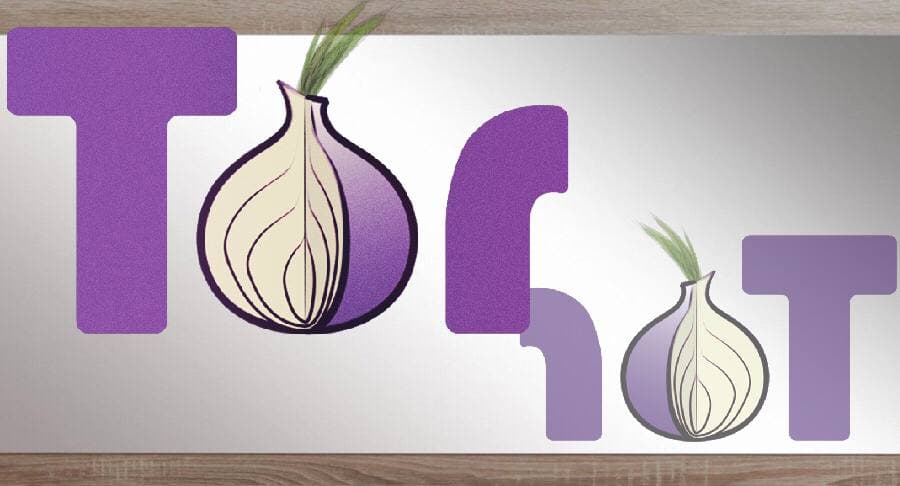Tor Project Launches Mirror Site After Russian Block
The Tor ProjectThe Tor Project is a nonprofit organization dedicated to protecting online privacy and ensuring uncensored access to the internet. Emerging from U.S. Naval Research Lab experiments with onion routing in the 1990s, Tor evolved into a decentralized, volunteer-powered network that hides user identities by routing traffic through multiple encrypted relays. Since the launch of the Tor Browser in 2008, it has become a crucial tool for activists, journalists, and everyday users worldwide—supporting free expression during events like the Arab Spring and proving resilient in the face of mass surveillance disclosures. Today, Tor is sustained by a global community committed to human rights, transparency, and digital freedom. More has launched a mirror of its main website, which was blocked in Russia by order of the Saratov District Court of the Saratov Region in 2017. The block is being enforced using a broad filter.
The developers of the service are already aware of the issue. In a message to their followers, they stated: “Immediately after we published this article, the Russian government officially blocked our main website in Russia. Users can bypass this block by visiting the mirror of our site.”
Recently, the project received a notice from Roskomnadzor (the Russian federal executive body responsible for overseeing media and communications) about plans to add their site to the list of banned resources unless illegal information was removed. The notice did not specify what information was considered illegal, nor did it clarify the grounds for restricting access to torproject.org.
Later, Tor developers found in the Roskomnadzor database a reference to the Saratov District Court decision, in which the prosecutor requested the site be blocked because it provides the ability to download a browser that allows users to bypass government censorship.
It is unclear why this court decision was not enforced for almost four years (it was made in December 2017 and came into force in January 2018) and was suddenly acted upon now. This has led many to question whether the recent blocking of Tor by Russian operators is actually related to this court ruling. However, given the lack of transparency in the blocking process since Russian authorities began using “technical means to counter threats” (TSPU) and stopped relying on public legal acts, this could be just a formal pretext or even an incidental action against Tor as a global online phenomenon.
The Tor ProjectThe Tor Project is a nonprofit organization dedicated to protecting online privacy and ensuring uncensored access to the internet. Emerging from U.S. Naval Research Lab experiments with onion routing in the 1990s, Tor evolved into a decentralized, volunteer-powered network that hides user identities by routing traffic through multiple encrypted relays. Since the launch of the Tor Browser in 2008, it has become a crucial tool for activists, journalists, and everyday users worldwide—supporting free expression during events like the Arab Spring and proving resilient in the face of mass surveillance disclosures. Today, Tor is sustained by a global community committed to human rights, transparency, and digital freedom. More has reached out to its users for help. They are asking people to spread information about Tor and its bridges, and are inviting Russian-speaking specialists to join the localization community and help translate support documents.



